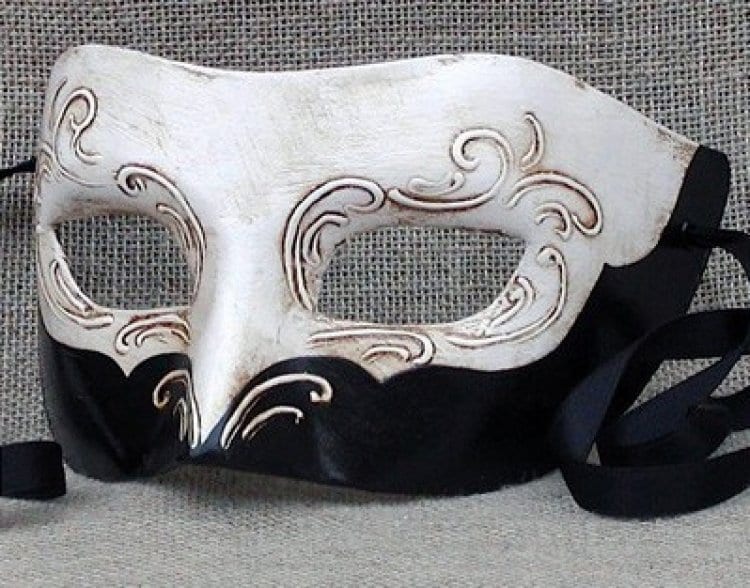It’s no surprise that Liora Tedgi has made chesed her life’s work. Her mother, the Rebbetzin Luria of Jerusalem’s Arzei Habira neighborhood, is a descendant of the Ben Ish Chai, and has been giving blessings and inspiring her fellow Jews for as long as Liora can remember. Her father would take any extra food they had and load it onto a wagon (which he called his “Mercedes”) to give to needy families. By the time Liora was nine years old, she had already promised herself that one day she would also help provide for people in need. “I was going to bless people and give special [things] for the children, with love and simchah,” she says.
What is surprising, however, is Liora’s bravery and determination in the face of terror—to which she and her family, sadly, are no strangers. In 1948, after Liora’s great-uncle Matisyahu was shot by Arab snipers while trying to bring food into a locked-down Jerusalem, his brother (Liora’s grandfather), David, carried him on his back to Shaarei Zedek Hospital, where David suffered a heart attack and Matisyahu passed away. When Liora’s father-in-law was en route to daven at the kever of Rabbi Meir Ba’al HaNes, he was wounded by a bomb at a bus station. Her husband’s brother, meanwhile, was stabbed in the lung by an Arab while on police duty. Then, in 2002, Liora had her own brush with terror. On Motzaei Shabbos, a car bomb went off in Jerusalem, killing 11 and injuring 51, including Liora, who lost the set of twins she was carrying. “I saw the terrorist,” she recalls. “He pulled out from his parking [space]…and when he turned right, the car exploded. I remember I started to bleed. All the people, they ran, here and there, because they were in shock…Then it was quiet for two minutes—very, very quiet.
After two minutes, everyone started to cry, to look for each other, to see if the children were okay. Baruch Hashem, I survived.” After the attack, Liora’s husband spent a year bedridden, recovering from his injuries, while Liora found herself at a crossroads. “My life became completely different,” she says. “I was left with two choices: stay in bed with depression [over] all that happened, or help people and be strong. I decided to take the second option.” That was the beginning of Ohr Meir U’Bracha, a non-profit organization that, since its inception in 2002, has provided for thousands of terror victims and their families with weekly food packages, donations of clothing and home supplies, legal and psychological services, appliances, fully-outfitted kitchens for new kallos, among many other services.
There is even a program for children that offers hot meals after school, homework help and the support of big brother/sister mentors. To get the organization started, Liora, after 20 years of working for the government, went to Bituach Leumi, Israel’s National Insurance Institute, to get the names of families who were victimized by terror. She began with five families; now Ohr Meir U’Bracha (named after Rabbi Meir Ba’al HaNes and his wife, Bracha) serves 400— and counting. Liora’s goal is to provide for the many needs of terror victims and their families— needs that go unmet every day, due to bureaucratic issues or because the process of assessment for a disability can often take as long as two years. “Time is very important. You cannot wait for the government. If you wait for the government, you could be waiting your whole life.” Because the families are so different, their needs tend to be just as diverse.
In one case, Liora says, a boy named Nesanel was unable to walk after a terrorist attack. She got him a machine that enabled him to strengthen his leg, and now he is able to walk again. Had they waited for the government’s assistance, between evaluation and personal costs, Nesanel might never have had a chance. For her work with Ohr Meir U’Bracha, Liora takes no salary (she receives a pension from the government; her husband works in real estate). Liora devotes herself tirelessly to the organization simply for love of the mitzvah and the people she serves.
She considers it the sweetest revenge against terror. “I don’t know how to [take revenge],” Liora says. “My answer is: When they do something to us, I open another place, find another way to help [the victims].” As for her ten children, they are just as invested in the organization as their mother. “I bring them with me. They help me, they go with me everywhere. By the time they are oneyear- [old], they know how to make the packages.” Among the countless acts of chesed Liora does each day, she offers brachos to anyone in need, and many of her recipients will testify that Liora’s brachos are potent. People she’s blessed to find their zivugim are married in record time, couples longing for children soon after receiving a brachah from Liora find that they are expecting, and those in need of parnasah find their empty pockets full.
Even in the States, word has spread about Liora’s brachos; a little bird told me that at a wedding during her recent visit to the States, people were lined up at Liora’s table to get a brachah from her. (Naturally, I couldn’t resist asking for one for myself.) For those who might be skeptical, consider this: After losing her unborn twins as a result of the attack in 2002, Liora struck a bargain with Hashem: “Send me another set of twins,” she said, “and I will take care of your children.” This year, her twins turn ten.




